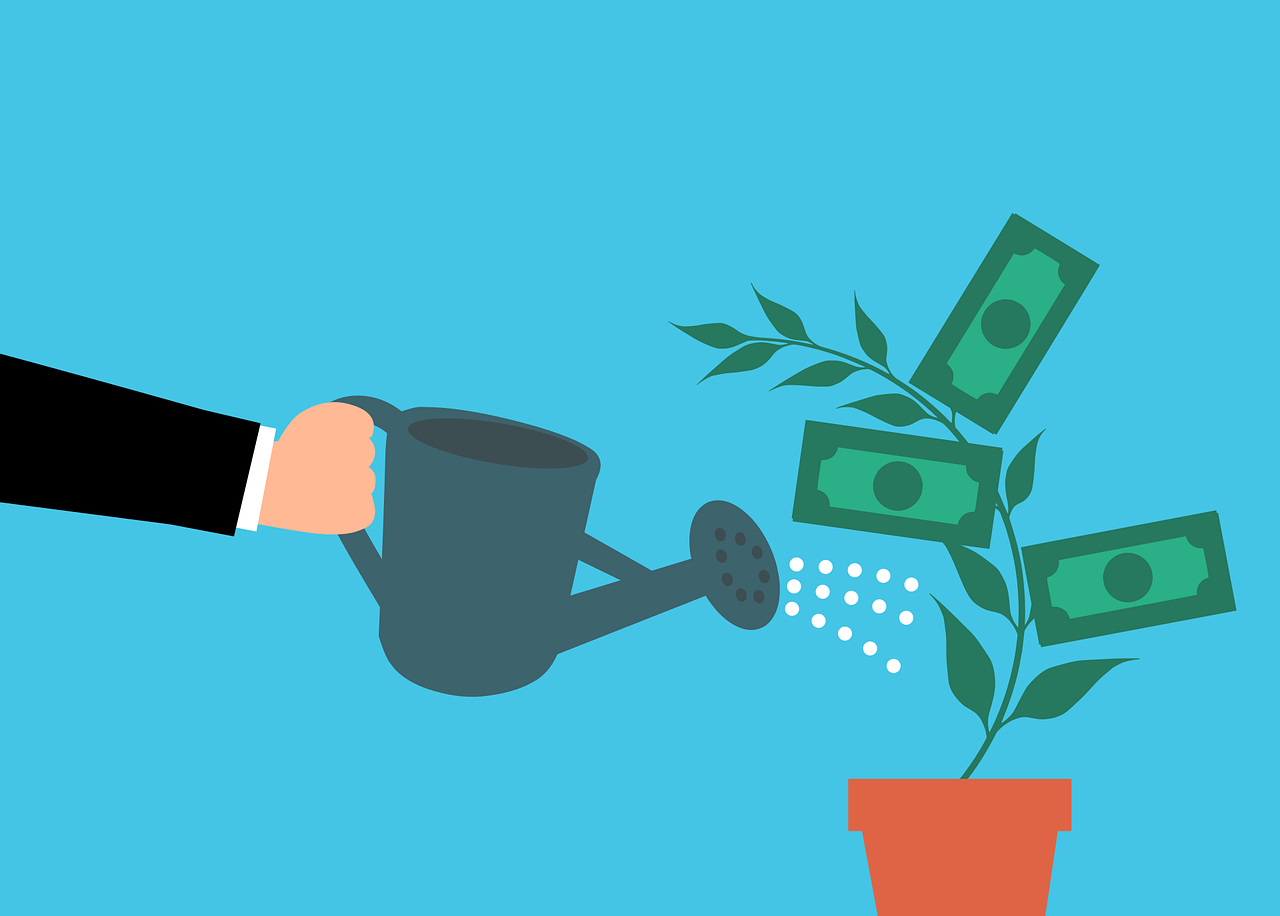Subscribe to my free monthly newsletter:
This summer, I have been investing my time into growing Kale in my garden. When I came to harvest it, much to my annoyance, I saw that some of the crop had started to die and other parts had been eaten by various critters! This got me thinking about a decision I had previously made:
- I had purposefully left the Kale hoping it would grow bigger
As I walked back inside with my harvest, I got thinking about whether this was a greedy move of me. Was I pushing my luck by leaving the plant out? I had invested a lot of time and effort into growing it, but I was risking it all for diminishing returns. I then thought that this same thinking can be applied to some investing strategies.
This post will mostly touch on day-trading investing strategies, like buying some tesla stock on a Monday morning and selling it on a Monday afternoon after a price rise. But there’s also lessons to learn even with long term investing.
Investing Isn’t a Bank Account
If I was to invest £1,000 in tesla stock, would it be fair to say I have £1,000 to my name? That money could easily be slashed to £900 in one day or £400 over a month. If that same investment has grown to £1,200 and I still haven’t sold, how much money do I have to my name? I don’t think it’s fair to say there is a right answer to that question. When it comes to short term trading, I like to follow the approach:
- Until you have sold, the money isn’t really yours
Depending on your level of risk and diversification of your investment, how appropriate that is to you varies. If you are invested in a diversified index fund, then that would suggest your investment is safer than the same amount of money in 1 stock.
For longer-term investors, I believe it is important to plan ahead. Setting up an emergency rainy-day fund to protect yourself against any future bumps can ensure that your money is kept invested. Panic selling, needing to sell due to lack of personal funds can lead to you losing out, by quite a lot. Further to that, I can imagine those two situations tend to coincide with a stock market crash.
Day Trading
Trading and investing platform, EToro, reported that 80 % of traders make a loss after 1 year and 75 % quit after 2 years. There’s lots of well documented reasons for this, most commonly, overconfidence and thinking you’re an expert after 1 lucky trade. Some people dedicate their lives to research in this area of finance and economics, chances are you are not an expert.
- If you flew in an aircraft, would you trust yourself to build one?

Investing in Plants
Gardening is a relatively short term investment. I invest in the seeds at the start of the year. Then, I invest my time to make sure they are watered and have sunlight for the next few months. When I was cutting my kale, I learnt that, sometimes, it is best to take your gains while you have them. My investment had already turned into a great gain, I had something to eat. I should have chopped off the leaves before any slugs had eaten them and left happy. I learnt not to be too greedy.
Another similarity I drew, was to do with making mistakes. When I first started learning about investing, I spent ages researching how to make the best returns. Ultimately, I have found myself investing in a long-term investing strategy, the index fund. If I was to invest in something else, I might get a better return, but maybe it is not worth the extra time spent. Before I started investing, a friend of mine told me:
- “When it comes to long-term investing, it’s best to start as soon as possible”
I could have optimised the sunlight on my plants, watered them more, picked them at the optimum time. All things I could have done, but ultimately, I got some fresh, delicious food out of it – and that was my goal! That’s a lot better outcome than trying to plant the seeds too late because I wasted too much time.
Protecting Your Investment
All investments carry an element of risk, how you protect against that is up to you. A common way is diversification. This allows you to spread your risk throughout multiple companies, industries and even countries. Similarly, a gardener may plant different crops, or plant similar crops at intervals. I planted peppers this year, and they all failed. I would have been quite angry if all of my plants were peppers, but I diversified and minimised my risk.
Something investors want to protect against is tax. When investing in the UK, it is always wise to wrap your investments into a stocks and shares ISA. A stocks and shares ISA means you pay no capital gains or dividend tax on your investments. This means you can invest and only pay the investment platform fee. Think of this as putting down slug repellent or netting to stop birds taking their share of your crop. I should probably point out, I don’t view tax collectors as slugs! Nevertheless, these are easy steps that boost your returns and are very easy to make!
Subscribe to my free monthly newsletter:
-
Sunday Feb 7 2021
-
Wednesday Nov 18 2020
-
Wednesday Sep 9 2020
